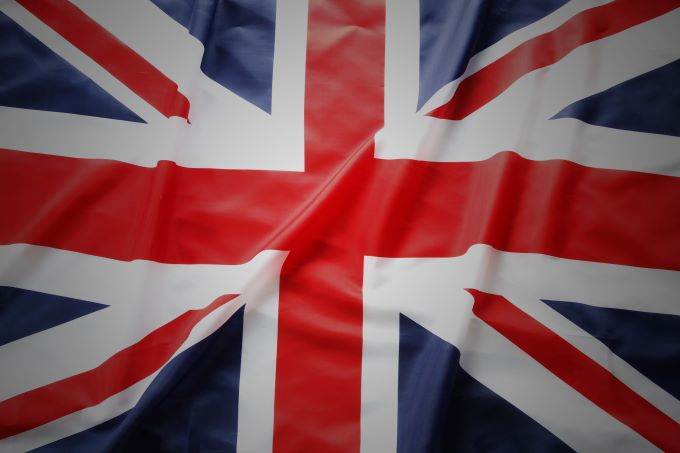 Data out in the United Kingdom on Thursday showed that British retail sales did not grow at all in February, ending the month with the weakest performance since 2013. The decline in sales came even before the novel coronavirus forced business shutdowns which further battered the region’s economy.
Data out in the United Kingdom on Thursday showed that British retail sales did not grow at all in February, ending the month with the weakest performance since 2013. The decline in sales came even before the novel coronavirus forced business shutdowns which further battered the region’s economy.
After sales volumes in the UK grew at a rate of 0.9 percent in January, they remained flat in February, falling far below the prediction of Reuters analysts for a 0.8 percent increase. The decline may be attributed in part to bad weather in February as well as missing shipments of products from China.
To complicate matters, British banks have been criticized by lawmakers for insisting on personal guarantees to issue government-backed emergency loans to small businesses. The move was made by banks to shift the burden of the loan onto the business owner rather than the bank. However, defaults have the potential to erode an entrepreneur’s personal savings or make them lose their homes, not to mention their businesses, the exact things that the emergency loan plan was hoping to prevent.
Under the terms of the UK’s Coronavirus Business Interruption Loans plan (CBIL), the government did not require personal guarantees from the borrowers but placed the decision firmly in the hands of the lending banks. The banks, in turn, have been shown to demand personal guarantees for loans over 100,000 GBP. Thus far only Royal Bank of Scotland has not required personal guarantees.
In further difficult news from the UK, Prince Charles announced on Wednesday that he has tested positive for the novel coronavirus. Some reports claim that the Queen was not in contact with Prince Charles since he became contagious, though other reports refute that claim, arguing that coronavirus patients may be contagious before they become symptomatic.
Currency Movements
Despite the negative reports from the UK, the pound gained modestly against the dollar on Thursday afternoon, gaining 0.2 percent to trade at $1.191 as of 3:59 p.m. HK/SIN. The euro also advanced against the greenback, gaining 0.37 percent to trade at $1.092. the dollar also slid against the yen, trading down 0.675 percent to 110.44. The dollar’s struggles were largely due to nervousness about the upcoming jobs data that will be released later on Thursday. Jobless claims are expected to rise by at least a million, which would far surpass the numbers seen during the 2008 financial crisis.
